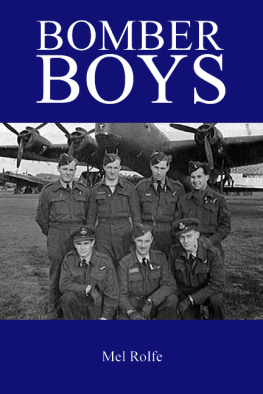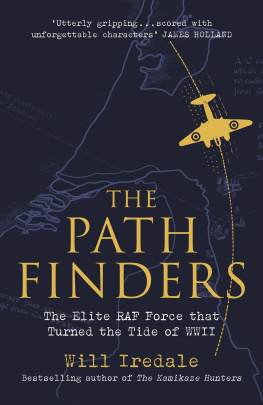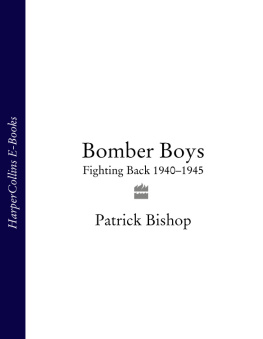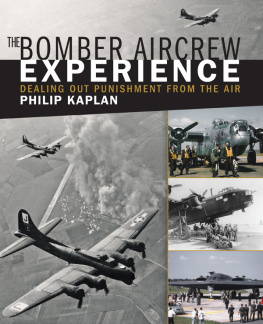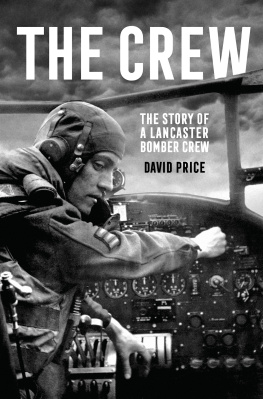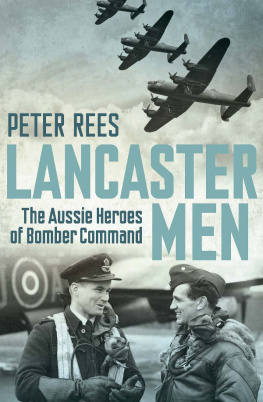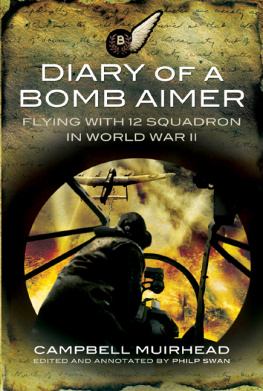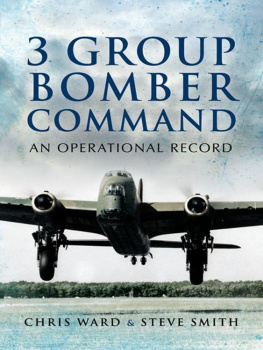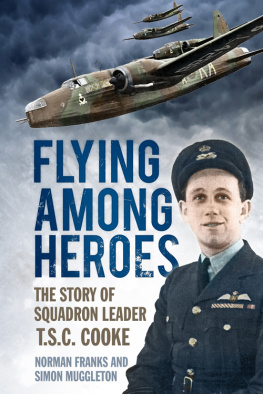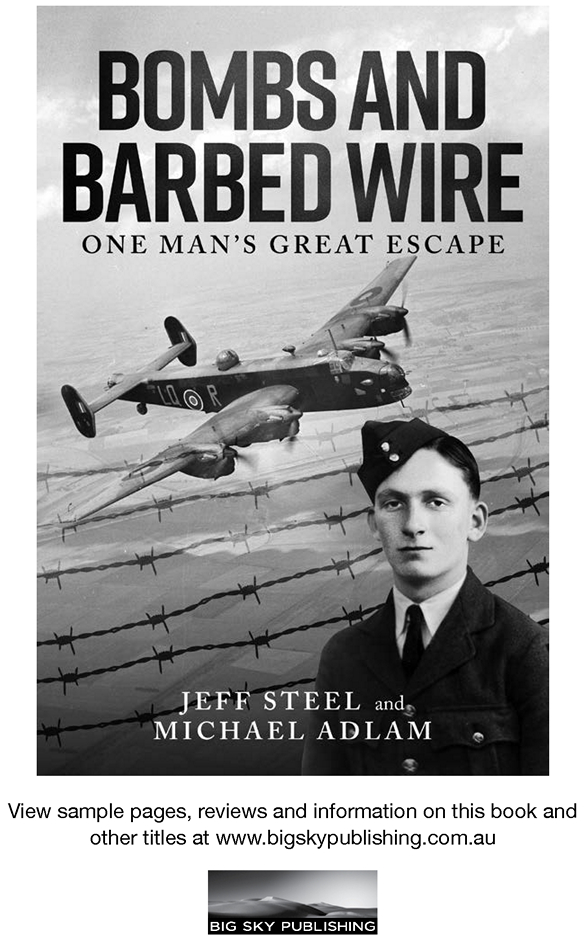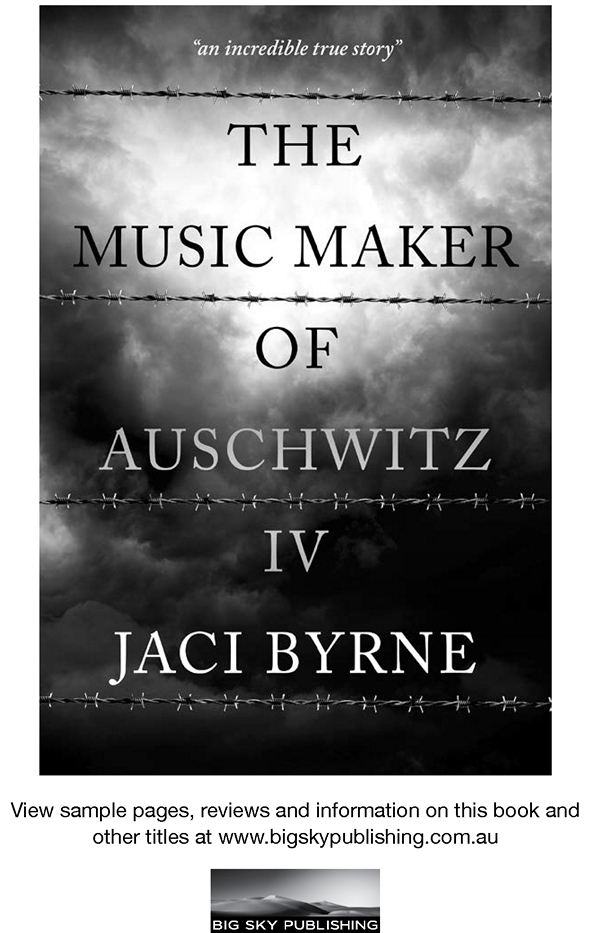About the Authors
Jeff Steel
My interest in Hitlers war started dramatically. At age seven, with my parents, I emerged from Euston Station in London. The immediate area resembled a smoke-blackened Pompeii. There was a terrible war, my parents told me. Their house in Coventry had been bombed: their sole remaining possession was a large mirror. The world had gone mad. This triggered a strong desire in me to understand the craziness.
The result of this seminal event was a lifetime of intense curiosity on all aspects of the war. As a student, I had worked in Germany on the site of the Battle of the Bulge. I found many artefacts; fortunately, none of them exploded. Throughout my professional life, I visited many World War II sites, including Pearl Harbour, Dresden and the Burma Railway. I was fortunate to not only meet and hear the stories of the men who had fought for the Allied side, but also the veterans of Stalingrad and the Siege of Leningrad.
Over time, one paramount feature distilled its way to prominence. In the crucible of war, ordinary men do extraordinary things.
My breakthrough in writing was to ghost-write No Heil Hitler for my friend Paul Cieslar, which won a prize and is now published in four countries.
This success led to other assignments, now including Best of Times, Worst of Times.
Joe Shuttleworth was silent about his wartime experience for most of his life. The key to the secret, extraordinary wartime adventures of this decent and undramatic man had lain hidden in his memory for six decades. I am very glad to have been granted the privilege of telling his story.
Joe Shuttleworth
Shortly after the cessation of hostilities Freda was to follow Joe to a joyful reunion in Australia. They were to remain inseparable for life. Joe retired from the uniformed aspect of military life. He joined the Repatriation Hospital in his native Queensland as a clerk. In this role he organised the medical care of survivors of World War II plus the Korean and Vietnam Wars. His diligence, administrative talent and natural intelligence took him to the top job.
In 1981 he was recognised with an MBE award for services to the repatriation of Australian servicemen and women.
In 1985 he moved to Melbourne as the Chief Executive Officer of the Heidelberg Rehabilitation Hospital in Melbourne. It is a mark of the man that it was said of him that he knew every member of staff by their first name.
As with many members of the armed forces Joe was not initially keen on the process of writing this book. It was true that Joes war may have been the best of times. This was more than balanced by the loss of his comrades in the bomber crew.
It was thanks to his daughter Dawn that Joe took part in this project. She persuaded him that the course of his life had taken him through a crisis in world history and that his personal experiences should not be lost. It was profoundly sad for him to learn what became of the rest of the crew.
It was, admittedly, beyond sad for Jeff to tell him what had happened to Stewart Godfrey, his special friend, as well as of the appalling ordeal of Tom Blackham, his pilot and friend.
Joe Shuttleworth may be the last Australian serviceman to write a personal memoir about World War II.
There is one message for present and future generations that Joe wanted to come from this book. It is his personal dictum: In war no one wins.
Acknowledgements
The project started life with a request from Joe Shuttleworths daughter, Dawn. She asked if I could write her fathers story and research what happened to his pilot, Tom Blackham.
The project was immediately attractive. Joe, at the time, was one of very few Lancaster bomber crew members still alive. He was to pass away shortly after the manuscript was completed.
I would like to acknowledge Dawn and her husband John, for the subsequent friendship which has developed between us.
So, the first acknowledgement is to Dawn and the second to Joe, who gave a large amount of time and commitment to the project to make sure that I had his story absolutely correct. Even at the age of 90, his mind was sharp and his long-term memory excellent.
I would like to make a special acknowledgement to Andrew Dennis of the Royal Air Force Museum and Katie OHalloran of the Royal Air Force College in Cranwell, UK, where Tom Blackham was a senior officer after the war. They collaborated to find a long-lost article that was written by Tom Blackham in 1954, which detailed his time with the French Resistance and subsequent betrayal to the SS.
I also wish to acknowledge the late Mr Tony Casson of Melbourne, Australia, son of Lieutenant Commander John Casson, who appears later in the story in Tom Blackhams time in Stalag Luft III. He had, fortunately, talked about it in detail to his son. In the research phase, Tony gave of his time to me generously and provided crucial insight into some aspects of the Great Escape, which for many years have remained hidden from other researchers looking into that astonishing event.
I particularly wish to acknowledge the United Kingdom National Archives at Kew, for the now-declassified records relating to all aspects of Royal Air Force operations in World War II. The operational records books were vital in piecing together Joes and Toms operational career over Hitlers Third Reich.
I would particularly like to acknowledge Bruce Marshall, whose 1952 book The White Rabbit gave the details of the story of Wing Commander Yeo-Thomas, who was a close friend of Tom Blackham during their appalling incarceration at Buchenwald Concentration Camp.
I must pay tribute to Allison Paterson and Denny Neave of Big Sky Publishing for their enthusiasm, encouragement and belief in the project and managerial skills in turning the project into a book. A warm acknowledgement is also due to my editor, Lorna Hudson.
I would especially like to acknowledge the following men who flew in the Royal Air Force Bomber Command. I had drawn heavily on their experience for a previous project. Between them, they gave me a vast canvas of Royal Air Force life on which to draw for this project. This ranged across operational details, nomenclature, air force life and culture and anecdotes of facts, feelings and faults.
Sergeant
Frank Walshaw | 44 Squadron | Wireless operator |
Pilot Officer
Peter Langdon | 44 Squadron | Flight engineer |
Pilot Officer
Colin Watt DFM | 44 Squadron | Pilot |
Flying Officer
Don Charlwood | 103 Squadron | Navigator |
Warrant Officer
Bert Dowty | 44 Squadron | Front gunner |
Warrant Officer
Dennis Over | 106 and 227 Squadron | Rear gunner |
| Sergeant Charles Churchill DFM | 44 Squadron | Wireless operator |
Finally, I wish to pay tribute to the 185,000 men who flew in the Royal Air Force Bomber Command for their determination, modesty, courage and acceptance that their own life may have to be given to rid the world of an evil. Almost all of their stories have been lost.
At least these two were not!
Jeff Steel
Melbourne, Australia,
February 2021
Also by the Author
Available now online or at all good bookstores


